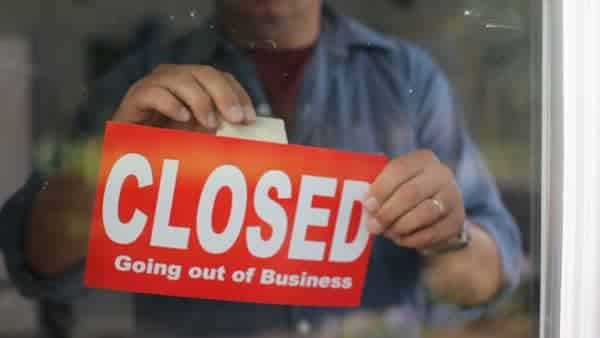Financial Literacy Is a Skill

When we talk about skills in the trades, we usually mean things you do with your hands: installing wiring, fixing HVAC systems, laying tile, tuning engines. But there’s another skill—just as essential, just as practical—that rarely gets taught in trade school:
Financial literacy.
From cash flow to credit cards, from budgeting to business pricing, understanding money isn’t optional for tradespeople. It’s critical. Because in the real world, you’re not just managing tools—you’re managing your livelihood.
Why Financial Literacy Gets Overlooked
Trade programs focus (rightfully) on safety, technical ability, and certifications. But once students graduate and enter the workforce—especially as independent contractors or small business owners—they’re suddenly expected to:
- Budget variable income
- Handle business expenses and taxes
- Price services fairly
- Track invoices and manage collections
- Avoid predatory financial products
And most of them never got a class—or even a conversation—about any of it.
When Money Missteps Cost More Than a Mistake on the Job
Here’s what happens when financial skills are missing:
- A skilled tradesperson undercharges for months before realizing they’re barely breaking even
- A new contractor loses access to tools or transport due to poor credit management
- A solo operator takes on too many jobs, burns out, and collapses their cash flow
Being great at your trade isn’t enough—if the money side doesn’t work, the career won’t last.
What Trade Schools Can Teach (and Should)
You don’t need a finance degree to teach money basics. What students need are:
- Budgeting and saving tools that work for hourly or seasonal income
- Debt education (student loans, credit cards, and how to avoid payday traps)
- Pricing guidance for freelancers or future business owners
- Tax literacy—including how to set aside for quarterly payments and write-offs
And just like welding or plumbing, these are teachable, repeatable skills that can be practiced and improved.
The Trades Deserve Wealth-Building Tools
When tradespeople understand money, they:
- Build long-term financial security
- Protect themselves during slow seasons
- Create opportunities to invest, grow, and lead
- Break cycles of poverty and dependence
Financial literacy isn’t just about survival—it’s about empowerment.
Final Thought
Money may not be part of the test, but it’s part of the trade. We wouldn’t send an electrician into the field without knowing how to use a multimeter. So why send a graduate into life without knowing how to use a budget?
At Dealing With Debt, we believe that confidence starts with knowledge. And no matter your trade, understanding your money is one of the most valuable tools you’ll ever carry.
Next Up: “Teaching Entrepreneurship in the Trades”






Responses